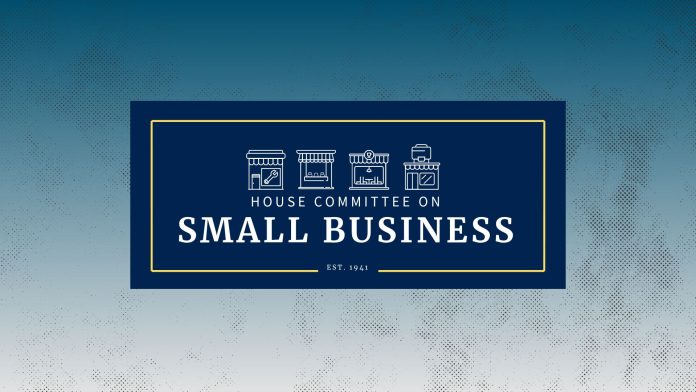Small business owners across America are closely watching developments that could shape their growth trajectories. A recent hearing by the House Committee on Small Business, titled “Fueling America’s Future: How Investment Empowers Small Business Growth,” underscored the crucial importance of accessible capital in driving small business success. With challenges mounting from tightening bank lending standards and elevated interest rates, the conversation is timely and pivotal for small enterprises striving to innovate and expand.
During the hearing, Chairman Roger Williams emphasized the value of small businesses as the backbone of the American economy. “When small businesses succeed, America succeeds,” he stated. This sentiment resonates deeply with the millions of small business owners looking for pathways to access the capital necessary for expansion.
A highlight of the discussion was the integral role of private capital and public-private partnerships in fostering small business growth. The landscape has changed significantly, especially given current economic pressures. “Creating investment opportunities for small businesses is more valuable today than ever,” Williams remarked, pointing to economic policies that he believes have hindered growth.
Among the tools available is the Small Business Investment Companies (SBIC) program, which encourages private investments in small businesses through a structure that includes government support. SBICs are privately owned entities licensed by the Small Business Administration (SBA) that raise private capital to invest in small businesses. They do not receive direct government funding but are bolstered by government-backed funds, enabling them to lend more robustly to small enterprises.
Real-world implications of these measures can be transformative. As Williams noted, “These private investments help fuel small business growth, creating opportunities for strategic guidance, mentorship, and industry connections.” This investment ecosystem facilitates innovation, enhances supply chains, and contributes to national security. By promoting manufacturing and critical technologies, it also aims to revitalize rural economies.
The bipartisan Investing in All of America Act of 2025, introduced by Congressman Dan Meuser, further aims to expand access to capital through SBICs, particularly for small businesses in manufacturing, critical technology sectors, and rural areas. This legislative support could open the floodgates to necessary financial resources for many small business owners who often struggle to secure traditional financing.
While these initiatives offer substantial benefits, potential challenges remain that small business owners should be mindful of. Navigating the complexities of accessing capital through newly invigorated strategies may require more financial literacy and familiarity with investment dynamics. Additionally, the current economic climate could create hesitation among investors, meaning small business owners may still need to demonstrate their viability and potential for returns.
The overarching goal, as articulated by the Chairman, is to “create a cycle of success that strengthens America’s economy and propels Main Street toward economic success.” This success relies heavily on fostering environments where investors feel secure and energized to engage with small businesses.
As small business owners consider these developments, they should stay attuned to the evolving legislative landscape, understand the opportunities presented by public-private partnerships, and cultivate relationships with potential investors. Being proactive in seeking out capital and embracing the supportive structures emerging from this current focus on small business investment can lead to significant growth and resilience.
For further details on the hearing and its implications, check the official announcement here. The attention from Congressional leaders signals a robust effort to bolster small businesses—a vital step for a healthy and thriving economy. As these dynamics continue to unfold, the journey for small business owners looks promising, albeit with a nuanced set of challenges to navigate.
Image Via BizSugar



